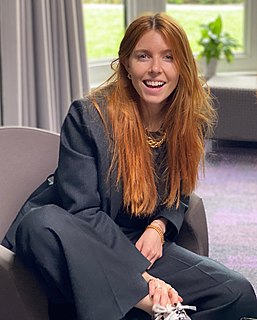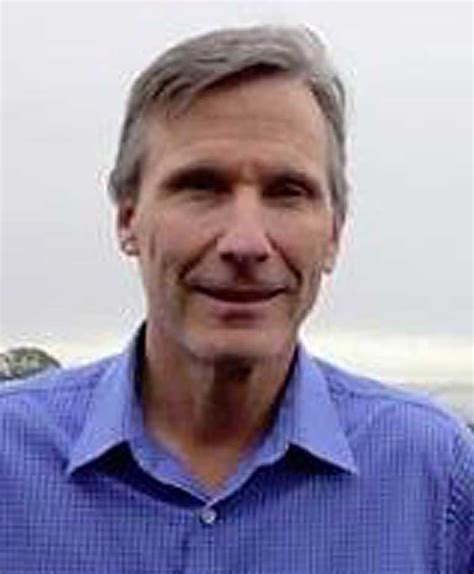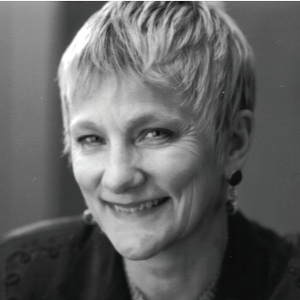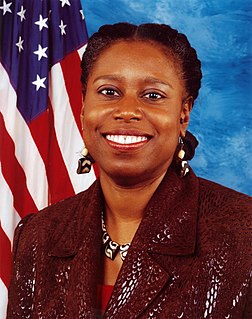A Quote by Thabo Mbeki
One of the matters that must be addressed is that Rwanda and Uganda have to leave the Democratic Republic of the Congo. We're also supporting processes to ensure that the political dialogue among the Congolese themselves takes place so that the people there can decide their future.
Related Quotes
People think they have taken quite an extraordinarily bold step forward when they have rid themselves of belief in hereditary monarchy and swear by the democratic republic. In reality, however, the state is nothing but a machine for the oppression of one class by another, and indeed in the democratic republic no less than in the monarchy.
We would be driving down the street in a place like Zaire, now the Democratic Republic of Congo, and started to see, my gosh, the only people that have shoes are men. Why does that woman have a baby in her belly and one on her back, and she's carrying a huge load of bananas? You start to ask these questions.
We have been making constant efforts, all the time, to start dialogue with the SLORC, but you know it takes two. We don't want a monologue. We would like a substantive political dialogue among the SLORC, political leaders including myself, and leaders of ethnic groups-exactly as stipulated in the U.N. General Assembly resolution on Burma.
I started, actually, as an analyst on African affairs, mainly on Al Jazeera. I remember the first few series were about Saudi students, and the negotiations between the government and the Sudanese rebels in the south. And then, slowly, I was speaking about Congo, Democratic Republic of Congo, Zimbabwe, Mozambique and a few other places.
You may ask what kind of a republic I dream of. Let me reply: I dream of a republic independent, free, and democratic, of a republic economically prosperous and yet socially just; in short, of a humane republic which serves the individual and which therefore holds the hope that the individual will serve it in turn. Of a republic of well-rounded people, because without such it is impossible to solve any of our problems, human, economic, ecological, social, or political.











































